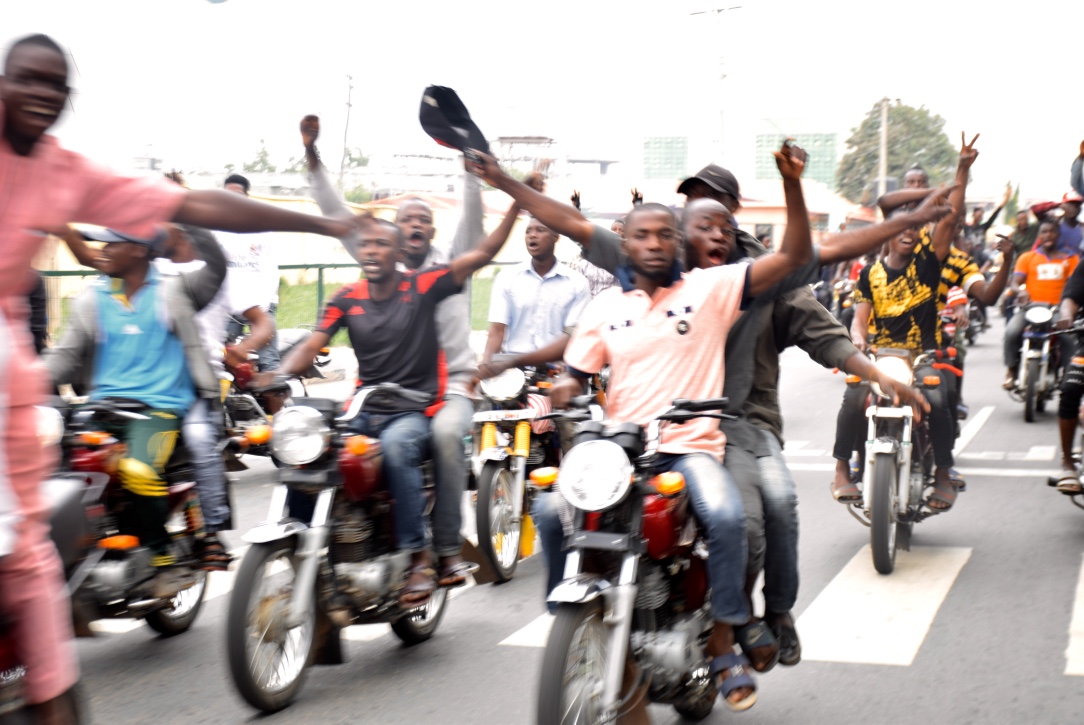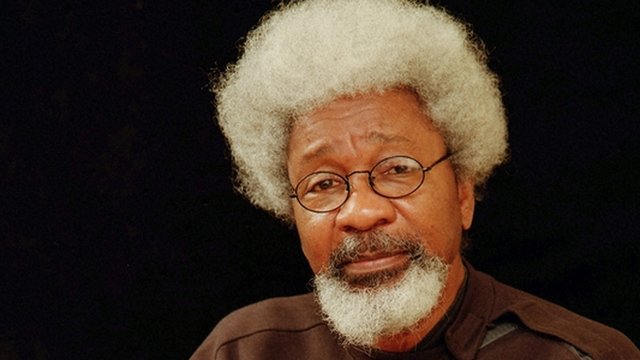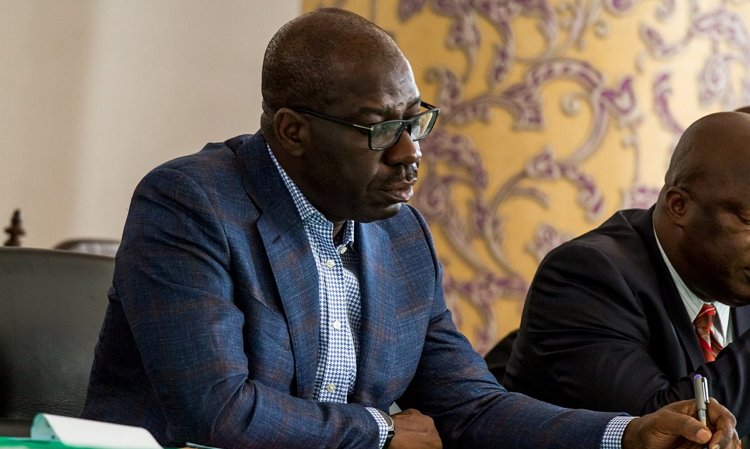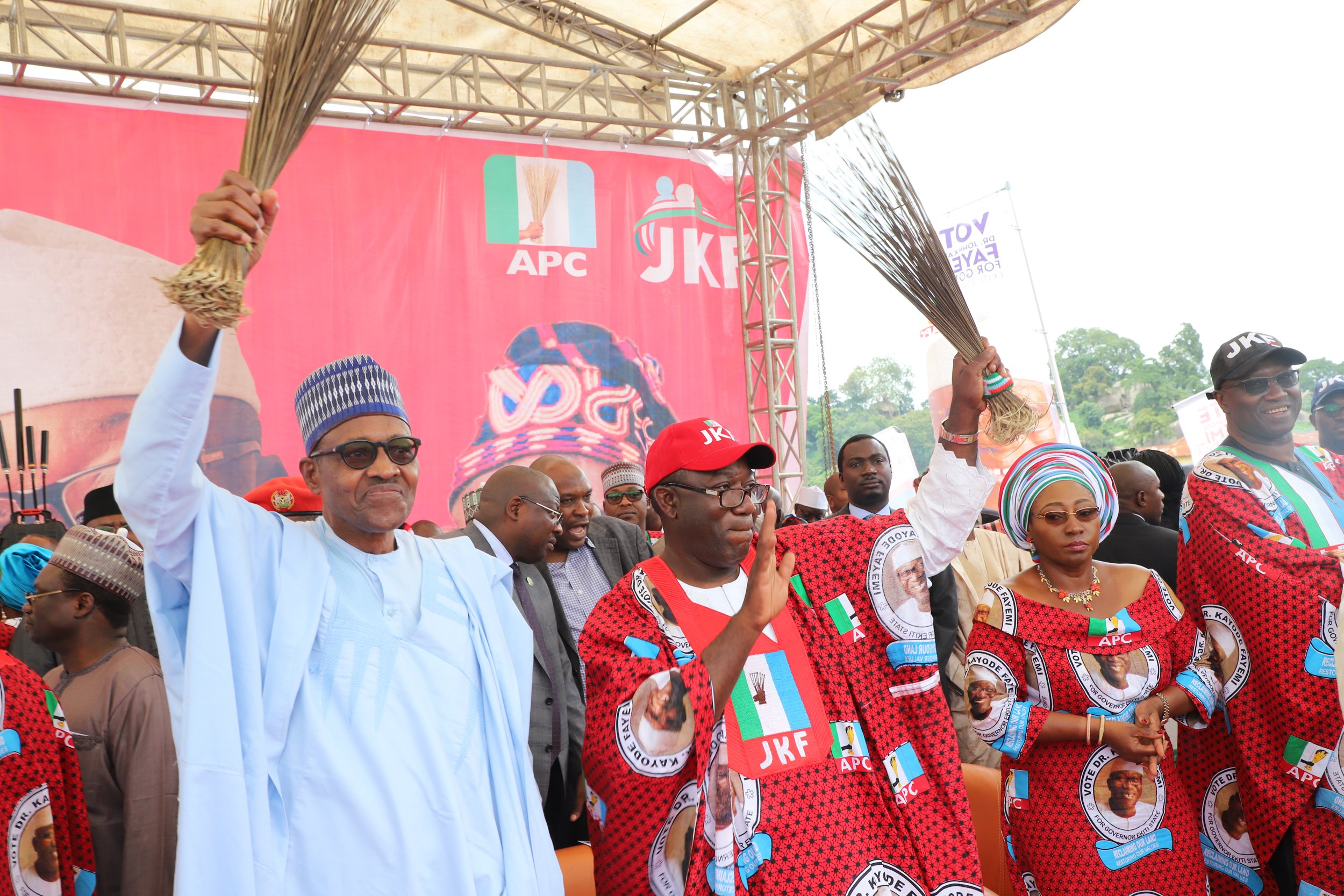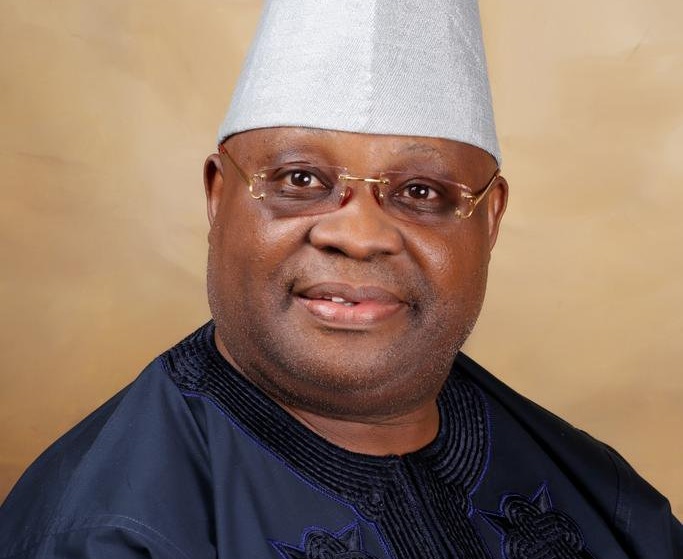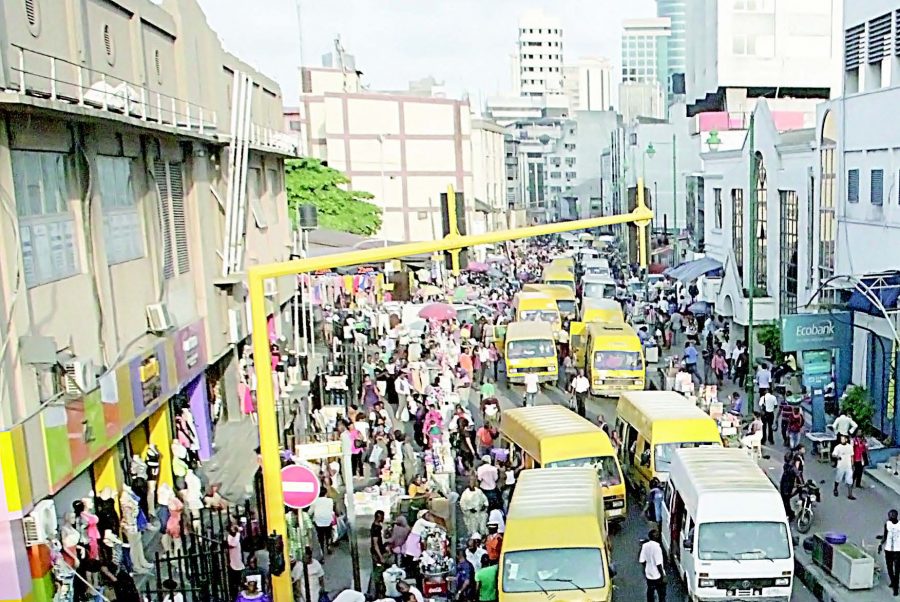Ekiti prides itself as one of the states in Nigeria with the highest concentration of professors and academic doctors. It boasts of some level of political sophistication that has made it impossible for any incumbent governor to win re-election in the state. However, what put Ekiti on the map four years ago was the doctrine of ‘stomach infrastructure’ which underpinned the campaign of the current state governor.
The term stomach infrastructure was used to define vote buying and other forms of inducement of voters through material gifts. While the country expressed mild outrage for this obvious manipulation of electoral process, it was wished away as one of those antics of politicians desperate to win elections. The country never paused to interrogate the vulnerability of our electoral system to this practice.
The Anambra election in 2017 showed again how increasingly politicians resorted to vote buying as a means of winning election. The sad reality of this development was that most of the election observation reports treated this issue as a footnote. The credibility of election is upheld and then qualified with the information of widespread vote buying. It appeared that the main focus of interrogating the election was more about the procedure and how INEC performed with scant attention paid to the desecration of the ballot through vote buying.
The governorship election in Ekiti State creates another ignoble chapter in the history of electoral democracy in Nigeria. It raises fundamental questions on the trajectory of our democracy and the value that we place on the ballot. What was depressing about Ekiti is that every group that observed the election acknowledges that there was widespread vote buying but most reported that the election reflected the will of the people and in some reports it was adjudged as credible. The conclusion that an election can be credible or reflective of the will of the people where there was massive inducement of voters in my view calls into serious question our understanding of democracy and the standards we hold ourselves to.
Advertisement
Democracy amongst other things presupposes a system where people freely express their choice of leaders through periodic elections that are free, fair and credible. The electoral process goes way beyond the voting day. It includes the legal and policy framework for the elections, the process of party primaries, campaigns and the credibility of the voters’ roll. Furthermore, it includes the quality of information voters are receiving, the enabling environment for them to cast their ballot and the protection offered their ballot when it is cast. It presupposes respect for the sanctity of ballot and the absence of undue influence on voters making it impossible for them to make free choices. It requires strict enforcement of election rules and regulations.
In a country like Nigeria where government is often unresponsive and inaccessible, election is one period when citizens can ask the hard questions about how they have been governed. It is a periodic inquest on the performance of the elected leaders and the credentials of new aspirants. Good governance which is premised on the quality of individuals elected for office can only be guaranteed when citizens freely make their choices. Vote buying is antithetical to democracy. It is the worst kind of electoral corruption. It preys on the poverty of masses which is created by bad governance; distorts the fairness of the electoral process and pollutes irredeemably the sanctity of the ballot. It destroy the incentive for good governance or responsive leadership. If anything, it provides incentive to impoverish the people and provide them handouts during the election to buy their vote. It is a shamefuldehumanization of the Nigerian citizens. Turning their vulnerability to political advantage. It is vile in its objective and hostile in its consequences. When citizens opinion about their leaders is premised on transactional footing like vote buying, there can be no democracy or legitimacy for officials elected on the proceeds of electoral corruption.
To be clear, vote buying is criminalized under our electoral laws. Bribery is criminalized under our criminal code. The desperate attempt by some pundits to somehow justify vote buying as mobilization or a choice by citizens is not only pathetic but illogical. Illegality cannot beget credible elections.
Advertisement
What would worry many Nigerians is that in spite of the fact that this constitutes a criminal act, it was brazenly carried out across Ekiti and Anambra state. The mechanisms for apprehension, prevention or any form of accountability were grossly ineffective. It was electoral impunity in its starkest form. INEC of course is the primary institution for prosecuting electoral offences. By its composition and institutional design, INEC is incapable of addressing these menace alone. But it does not excuse INEC either. The active connivance of security agents in providing protection for the hordes of cash and identifying entitled voters for payment point to an electoral fraud industry that is protected and accepted. These monies must have been moved from banks in obvious contravention of our money laundering laws. Its sources would most certainly have questionable origin. Somehow, our banking reforms, financial intelligence systems and oversight agencies miss the massive movement of cash. In an environment where government claims zero tolerance to corruption, these realities points to an embarrassing hypocrisy.
As civil society and development partners, we have to take a hard look on the metrics for measuring the credibility of elections. Wide spread electoral corruption undermines and negates whatever process INEC may put in place. It damages the credibility of the elections. The credibility deficit might not be the direct responsibility of INEC, but it is a reality that calls into question the sanctity of the ballot. We should call such elections out as mockery of democracy. We cannot because of procedural compliance of INEC alone endorse our imprimatur on the desecration of democracy. Elections are much more than procedures. They embody a set of values. Election is not an end but a means to a responsive leadership. It is a starting point of a social contract between citizens and their leaders. Vote buying negates those principles.
What happened in Ekiti is ominous. It is a clear sign that citizens have lost faith in government and at every opportunity are quick to grab whatever they can from politicians. It exposes a political culture that has no interest in the quality of leadership. It exposes the hardship and poverty of Nigerians and their desperate bid for survival. It gives us a foretaste of 2019 and the cycle of corruption the election will perpetuate. The APC and the PDP were the main culprits in this dance of shame in Ekiti. We cannot as a country reduce our democracy to this kind of mockery. If we have any respect for the blood shed to buy us this flawed democracy, we must come together and confront this cycle of hollow elections. Nigeria cannot move forward if its elections are soiled prize for the highest bidder.
Udo writes from the Opens Society Initiative for West Africa OSIWA.
Advertisement
Views expressed by contributors are strictly personal and not of TheCable.

